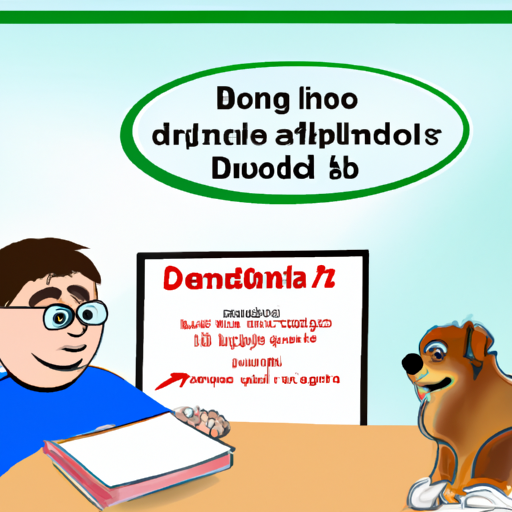Inflammatory bowel disease (IBD) is a chronic condition that affects many dogs. It’s a disorder characterized by the inflammation of the dog’s digestive tract, disrupting its ability to digest and absorb nutrients. The good news is that IBD in dogs can be managed effectively, ensuring your furry friend enjoys a healthy, happy life.
- Table of Contents
- IBD in Dogs: An Overview
- Detecting IBD in Dogs
- Treating IBD in Dogs
- Diet and IBD: What to Feed Your Dog
-
Frequently Asked Questions
-
Key Takeaways
- IBD is a chronic condition in dogs that can be managed effectively.
- Early detection is vital in treating IBD in dogs.
- A change in diet can significantly help manage the condition.
IBD in Dogs: An Overview
Inflammatory bowel disease (IBD) is not a single disease but a group of chronic gastrointestinal disorders caused by an abnormal immune response to the dog’s own intestinal tract. This inflammation disrupts the absorption and digestion of nutrients, leading to weight loss, diarrhea, vomiting, and other symptoms. Veterinarians diagnose IBD based on a combination of symptoms, medical history, and laboratory tests. For more detailed information, you can check this source.
Detecting IBD in Dogs
Recognizing the signs of IBD early can make a significant difference in your dog’s prognosis. Some common symptoms of IBD include:
- Recurrent diarrhea
- Weight loss
- Decreased appetite
- Vomiting
If you notice these symptoms in your dog, it is vital to seek veterinary help promptly. A diagnosis is usually reached using a combination of blood tests, fecal exams, and imaging studies. In some cases, a biopsy may be needed.
Treating IBD in Dogs
The treatment of IBD in dogs is mainly focused on reducing the inflammation in the gut and restoring the normal functioning of the digestive tract. Here’s a detailed guide on how this can be achieved:
1. Medication: Your vet may prescribe medications to reduce inflammation and suppress the immune system. These can include corticosteroids or immunosuppressive drugs.
2. Diet Changes: A dietary shift is typically an essential part of managing IBD. A hypoallergenic or easily-digestible diet can help reduce inflammation and promote healing.
3. Probiotics: Probiotics can help restore healthy gut flora, aiding in digestion and absorption.
Remember, every dog is unique, and what works for one may not work for another. It’s crucial to work closely with your vet to devise a treatment plan that suits your dog’s needs.
Diet and IBD: What to Feed Your Dog
Diet plays a crucial role in managing IBD. It’s important to feed your dog a diet that is easily digestible and won’t provoke an immune response. Consult with your vet or a pet nutritionist to develop a diet plan. Some general guidelines to follow include:
-
Feed High-Quality Protein: High-quality, easily digestible proteins like chicken, turkey, and fish can be good options.
-
Avoid Common Allergens: Many dogs with IBD are sensitive to certain foods. Common allergens include beef, dairy, wheat, and corn.
-
Include Fiber: Fiber can help regulate the gut and reduce symptoms of IBD.
For more information about diet and IBD in dogs, you can visit OneTopDog.
Frequently Asked Questions
1. Can IBD in dogs be cured?
IBD is a chronic disease, which means it can be managed but not cured. With proper treatment, dogs with IBD can lead full, healthy lives.
2. How long can a dog live with IBD?
With proper management, a dog with IBD can live a normal lifespan. The key is early detection and appropriate treatment.
3. Can diet alone treat IBD in dogs?
Diet is a crucial part of managing IBD, but it is typically used in conjunction with medication. Always consult with your vet before making any significant changes to your dog’s diet.
4. Can stress cause IBD in dogs?
Stress doesn’t cause IBD, but it can exacerbate the symptoms. It’s important to provide a calm, stress-free environment for your dog.
Treating IBD in dogs requires patience and commitment, but with the right approach, your dog can live a happy, healthy life. For more tips on managing IBD in dogs, check out OneTopDog.



